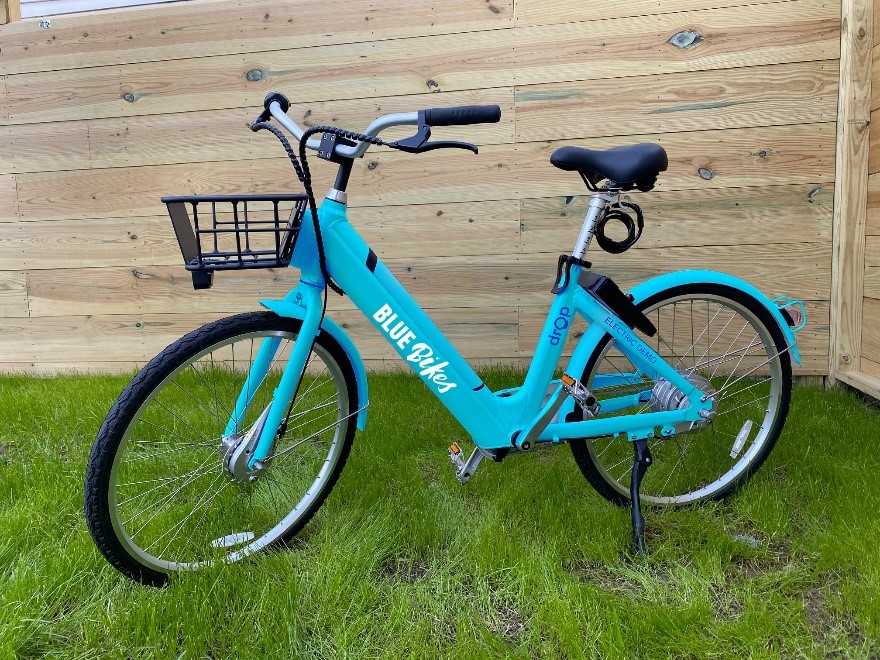BATON ROUGE, La. – When you don’t get enough sleep at night, it causes more than just crankiness the next day. Long-term lack of good, quality sleep can lead to mental health issues, heart or lung strain and can impair brain function.
The National Sleep Foundation celebrates Sleep Awareness Week March 10-16, 2019. Blue Cross and Blue Shield of Louisiana is sharing information about why sleep is a key component of overall health.
“We’re learning more and more that sleep matters a lot,” said Dr. Larry Simon, Blue Cross medical director and an ear, nose and throat physician. “If you don’t get enough sleep, it’s essentially spraining your brain. It makes it hard to focus and think clearly, which puts you at a higher risk of getting into a car accident and weakens how well you work, study or do other activities. Your heart and lungs also have to work harder when you don’t get enough sleep, so that puts you at a higher risk for heart attacks, heart failure and a whole host of issues.”
When it comes to getting a good night’s sleep, Simon emphasizes that quality is just as important, if not more important, than quantity. He shares some tips for getting the rest you need:
Some conditions can make it difficult to get quality sleep, such as sleep apnea, the most common disruptive sleep disorder. People with sleep apnea typically have an airway obstruction that makes them stop breathing while they sleep, and their body wakes them up to take a breath. They wake up many times throughout the night and don’t get solid rest.
“In ideal sleep, a person falls asleep in stages, and gets into rapid eye movement, or REM, sleep, which takes a few hours for a full cycle. People with sleep apnea have to wake up multiple times a night to breathe, and that interrupts their REM cycles and prevents them from getting the quality sleep that they need to function,” Simon said.
The two biggest warning signs of sleep apnea are snoring and being tired during the day. “Snoring is quite simply never normal, and you’re not supposed to be tired during the day,” Simon said. “A lot of people blame this on things like stress from work or taking care of young children, but these are signs of a sleep disorder, and you should talk to your doctor about it.”
For most people, sleep apnea doesn’t involve needing to go to a sleep lab for testing. Doctors can order a sleep apnea test with a small, wearable device that you use while sleeping in the comfort of your own bed. The device records your sleep patterns and gives your doctor information to determine if you have sleep apnea or a related condition.
Most health insurance plans, including Blue Cross and Blue Shield of Louisiana health plans, cover at-home sleep testing as a benefit. Talk to your doctor or contact Customer Service for your health plan to find out what kinds of sleep testing are covered and would be best for you.
For people with sleep apnea, the common treatment is a CPAP, or continuous positive airway pressure, mask. The mask, worn while sleeping, blows pressurized air into the airway, which keeps it open so you don’t have to wake up to breathe.
“These masks are life changing for a lot of sleep apnea patients because they can finally sleep through the night,” Simon said. “And, the design of these masks has come a long way. They are lightweight and comfortably fitted so it’s not annoying to try to sleep while wearing one.”
See videos with Dr. Simon explaining the importance of sleep health and sharing more details about warning signs of sleep apnea.
About Blue Cross and Blue Shield of Louisiana
Blue Cross and Blue Shield of Louisiana is committed to our mission to improve the health and lives of Louisianians. We invest both time and money in the communities we serve, supporting the health and wellbeing of Louisianians through more than 200 charitable organizations.
With our subsidiaries, HMO Louisiana and Southern National Life, we provide group and individual health insurance plans, life and disability insurance, group voluntary products and administrative services to one out of four Louisiana residents. Blue Cross and Blue Shield of Louisiana also provides Medicare supplement and Medicare Advantage plans and is a partner in offering the Healthy Blue Medicaid Managed care plan. Louisiana is the only state where we operate, with offices in every major region to serve our customers.
Founded in New Orleans in 1934, Blue Cross and Blue Shield of Louisiana is a tax-paying non-profit health insurer. We are a private mutual company, owned by our policyholders, with an independent Louisiana Board of Directors and no shareholders. Blue Cross and Blue Shield of Louisiana is an independent licensee of the Blue Cross and Blue Shield Association.
